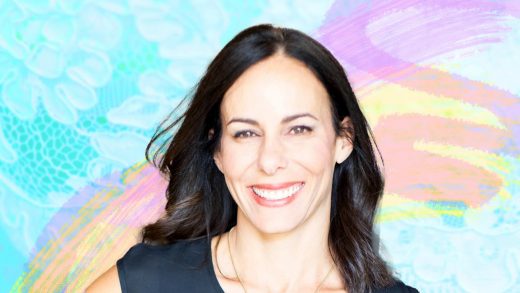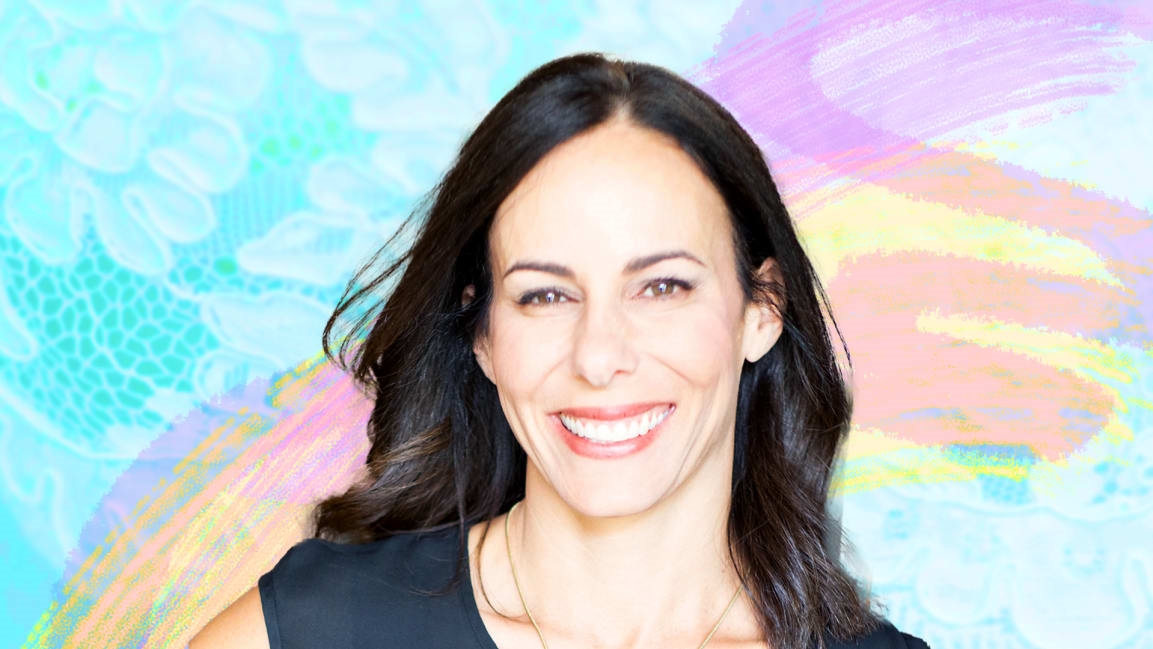Seed VC Jenny Lefcourt explains ‘founder-market fit’ and how it drives her investments
Fast Company: How did your own experiences as an entrepreneur shape the way you think about investing in companies?
Jenny Lefcourt: Going back to my first company [WeddingChannel.com], the internet—and people’s comfort [level] with the internet was what enabled the problem [of online wedding registry] to be solved in a unique and different way than could have been done a year or two prior to the year that we started it. And as a venture capitalist, I want to look for solutions for the now, or even better, for the future.
Do you ever have people who come to you with a technology in search of a business plan and is that something that you would invest in?
It is not something that I invest in. I think technology is great. I see it as an enablement for different businesses and solutions, but if I am just pitched AI, but without an application of how AI will be applied to solve someone’s problem or create an opportunity, then that’s not an investment that I would make.
Do you invest in people and founders more than their ideas?
It’s part of the equation for me but I’m not the investor who just backs a person, period. I look at [founders] a little bit more holistically. Who is this person? Is this person someone that I can work really well with, but also, do I think that they’re the right person for this particular space? I call it “authentic founder-market fit.” Is this founder is the right person for this particular opportunity or solution?
What do you mean by authentic founder-market fit?
I talk about authentic founders, who authentically have come to the opportunity [they’re pitching]. And I’ve also called it founder-market fit. I’ll give you an example. The first investment I made at Freestyle is a company called Narvar, they do post-purchase [customer experience services]. The founder, Amit Sharma, had been involved in the creation of the post-purchase experience at Apple. He got to see exactly what [a 360 degree approach to customer satisfaction] did for top-line sales. And he realized the whole world is going to need this, but not everyone has the insight and the resources to build it What if Narvar builds it for retailers? They can all have a best in class post-purchase experience without having to see the future without having to build it themselves. And that’s what I invested in. [Amit] had insight that came to him so deeply and it came to him in such a real way, versus a guy asking,”Where’s the money to make and commerce?”
What are the traits you look for in a founder?
We have a scorecard of traits we look for in a founder, but the No. 1 thing [I need to see] is a growth mindset. Every day they’re going to have to do something they don’t know how to do. You’d be surprised how many people are kind of uncomfortable [with this] and can find themselves avoiding the things that scare them. That usually doesn’t bode well for the business. So a person who has a growth mindset is has an unfair advantage against others.
Because we invest early, when [founders] are pitching me, they don’t have much traction if they have any at all. I have to believe in the future they’re painting. Then the question is, “is that the future?” I spend a lot of my diligence time primarily on the founder, but then also pressure testing the future that they’re painting for me.
How do you do that pressure testing? If everyone has the same vision of the future, is it too late to invest in an idea tied to that vision?
It doesn’t worry me when I can kind of validate the trends of the market, because it doesn’t mean that everyone knows what the solution is. I’ll give an example: BetterUp [is a company I invested in early on that] basically democratizes coaching. Everyone who’s had a coach loves it, but it costs a lot of money, and usually is just for the C-Suite. BetterUp has found a way to provide it [at scale] cost efficiently; the solution feels kind of obvious, so how I do test [the business model to see] if I believe in the solution? What do I need to believe in to even be interested in making this investment? When I first started doing diligence, I would turn to HR leaders and say, “I met with this great company that give coaching to all your employees,” and they said, “I don’t really need it.” I learned pretty quickly to change the way I asked the questions. So I’d say: “Do you all provide coaching to your executive team?” They’d say, “They love it.” Then I’d ask: “Have you considered giving it to your employees?” They’d say, “Oh, that could never happen, it’s too expensive.” Well, what if it weren’t expensive? And how important is employee retention? And what would you need to give them to hold on to them? You start to put the pieces together to believe in the future that BetterUp is painting.
Do you have to sometimes bite your tongue when you see founders doing things differently than you would have when you were launching your companies?
I have to bite my tongue a lot before I invest. And the reason I bite my tongue before I invest is because I need to make sure that I’m buying into their [vision] and the company they want to build, not the company I see in my head. Once I invest, I kind of make a commitment to the founder that I’m never going to bite my tongue. I will always give my view of the world. I strongly believe that an entrepreneur has to always make their own calls, a hundred percent. My job is to turn the lights on much brighter in the hallway they’re about to walk down.
Do you ever think you’d ever start a company again? Do you have another startup in you?
I don’t think so, but I would never say absolutely not. I’m an intense personality. And as a founder, it was very all consuming and I loved it and I indulged that. And most of the founders I work with are, are similar. I’m now at a place in life where I feel like I have more value to bring into this world by helping a lot of other people on their journey. I am finding what I’m doing rewarding. So many people told me [as an investor] the highs wouldn’t be as high, but the lows wouldn’t be as low. And I’ve found that the lows are not as low, but man, the highs are [still] very high. I like seeing my founders be wildly successful.
(37)



